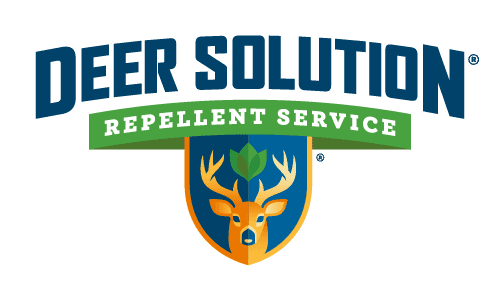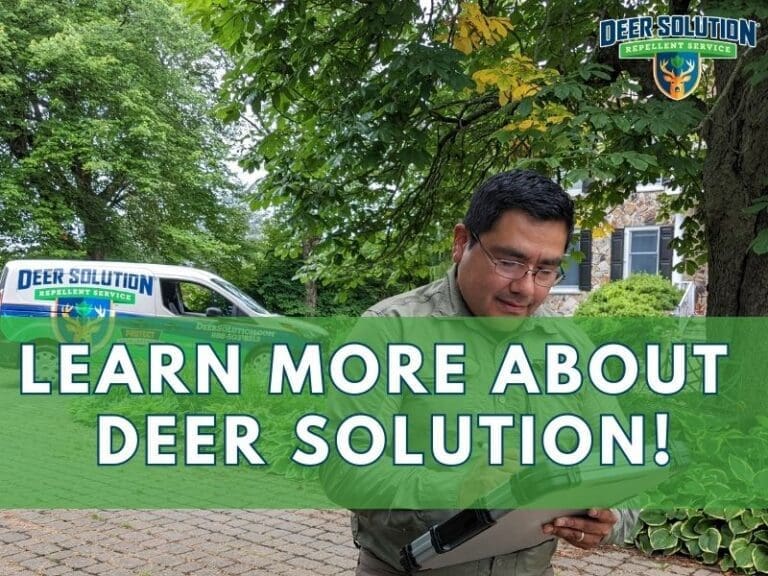Gardening enthusiasts often marvel at the vibrant beauty of Black-Eyed Susans (Rudbeckia hirta), with their bright yellow petals and striking dark centers. These flowers are a staple in many gardens due to their eye-catching appearance and ability to attract pollinators. However, a common concern arises among gardeners: do deer eat Black-Eyed Susans? Understanding deer behavior and their impact on your garden can help you manage your landscape more effectively, ensuring that these beautiful blooms can thrive without becoming a snack for local wildlife.
Understanding Deer Feeding Habits
Deer are known for their diverse diet, which includes a variety of plants, shrubs, and flowers. They are often seen gracefully moving through forests and fields, foraging for their next meal. Their feeding preferences can vary based on season, availability of food, and regional differences. While deer have been known to browse on a wide range of vegetation, some plants are more appealing to them than others. This can be due to the taste, texture, or nutritional value of the plants. Gardeners must consider these factors when choosing plants for their gardens, especially if they live in areas with high deer populations.
Black-Eyed Susans: A Deer-Resistant Flower?
Black-Eyed Susans are often categorized as deer-resistant due to their coarse texture and slightly hairy leaves, which are less palatable to deer. These characteristics make them less attractive as a food source compared to other garden plants that deer find more appealing. However, it’s important to note that no plant is entirely deer-proof. In times of food scarcity, such as during harsh winters or droughts, deer may nibble on plants they would typically avoid, including Black-Eyed Susans. Therefore, while these flowers may not be the first choice for deer, they are not completely immune to being eaten.
Factors Influencing Deer Feeding on Black-Eyed Susans
Several factors can influence whether deer will eat Black-Eyed Susans in your garden: Food Availability: When other food sources are abundant, deer are less likely to feed on Black-Eyed Susans. Conversely, during harsh winters or droughts, they may resort to consuming less favored plants. Deer Population Density: Higher deer populations can lead to increased competition for food, making deer more likely to browse on a wider variety of plants, including those in your garden. Regional Preferences: Deer in different regions may have varying dietary preferences based on the local flora they are accustomed to. This means that Black-Eyed Susans may be more or less likely to be eaten depending on where you live.
Eco-Friendly Approaches to Protect Your Garden
For those looking to maintain the beauty of their gardens while managing deer damage, eco-friendly solutions are key. Deer Solution’s proprietary all-natural repellent service offers a sustainable approach to safeguarding your landscape. By utilizing a monthly application schedule, our service helps deter deer from browsing on your plants, including Black-Eyed Susans, without harming the environment. This method is not only effective but also supports the well-being of the local ecosystem.
Benefits of Our Eco-Friendly Service
Environmentally Conscious: Our repellent is safe for families, pets, and the environment, ensuring a healthy garden ecosystem. It is made from natural ingredients that are not harmful to the soil or surrounding wildlife. Customizable Plans: Each property receives a tailored protection plan, addressing its unique needs and challenges. We understand that every garden is different, and our experts work closely with clients to create a strategy that fits their specific situation. Proven Effectiveness: While no solution can guarantee complete protection, our service is designed to significantly reduce deer damage. Our clients have reported a noticeable decrease in the presence of deer in their gardens, allowing their plants to flourish.
Further Insights on Deer Behavior
Understanding deer behavior can enhance your ability to manage their impact on your garden. Deer are creatures of habit, often following the same paths and feeding routines. By observing their patterns, you can better anticipate and mitigate potential damage. Additionally, incorporating a variety of deer-resistant plants alongside Black-Eyed Susans can create a more resilient landscape. This diversity not only adds to the aesthetic appeal of your garden but also provides a natural barrier against deer.
Partnering with Deer Solution
While addressing deer-related landscape challenges can seem daunting, Deer Solution offers a specialized approach grounded in our eco-friendly ethos and decades of expertise. Exploring sustainable solutions leads us to consider how professional services, like those offered by Deer Solution, provide tailored support for maintaining the health and beauty of your landscape. With our help, you can enjoy a vibrant garden full of Black-Eyed Susans and other beloved plants, all while coexisting peacefully with local wildlife.”








